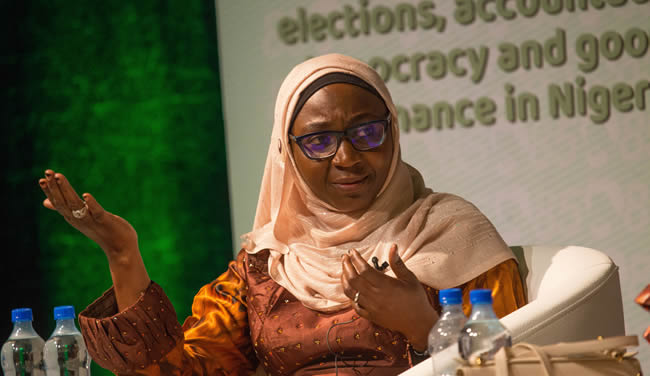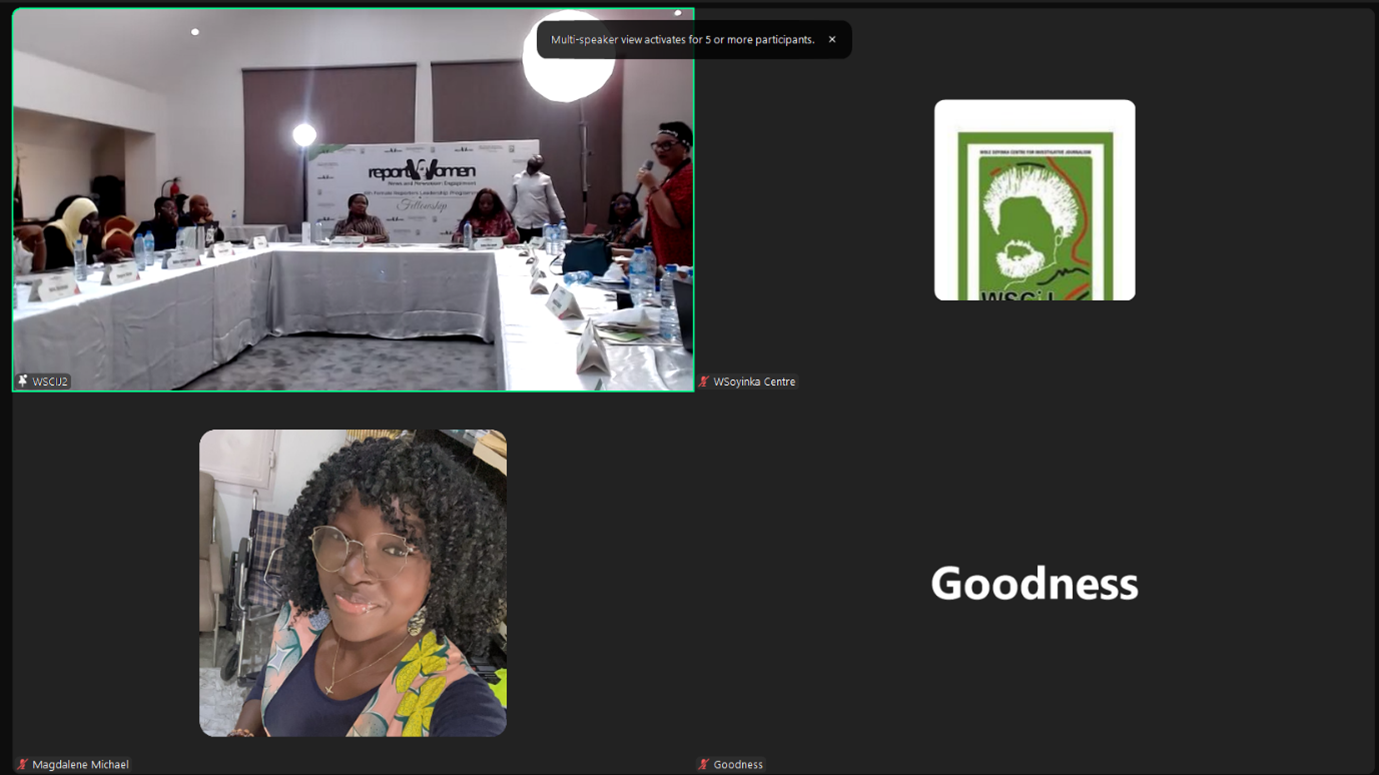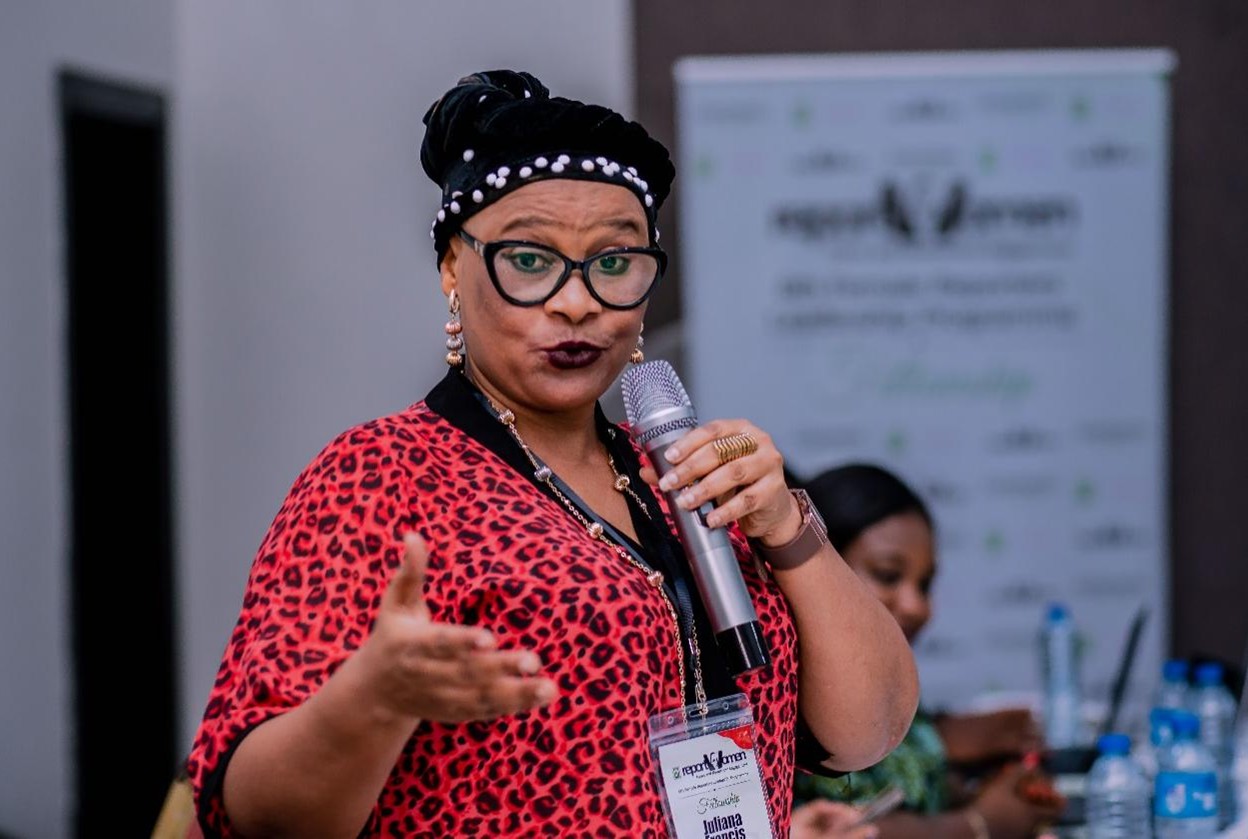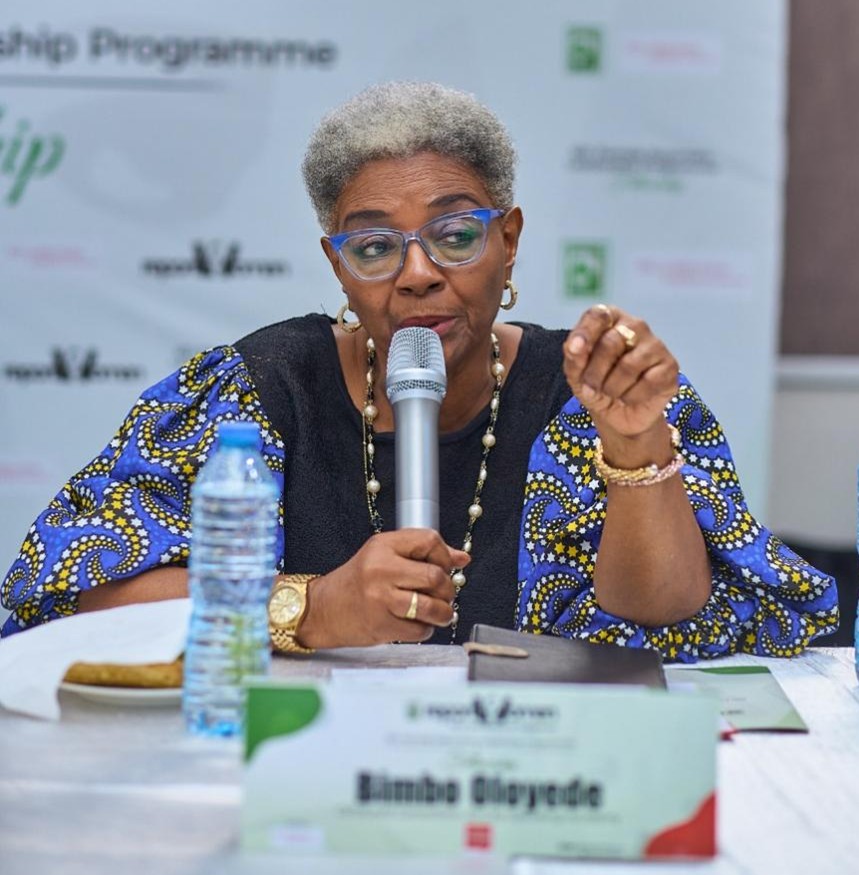The need to include more women in governance in Nigeria, was raised by Amina Salihu, Senior Programme Officer, MacArthur Foundation, at the 11th Wole Soyinka Centre Media Lecture Series, held on Saturday, 13 July 2019 at MUSON Centre, Onikan, Lagos.
Salihu, who was a panellist at the lecture lamented the non-inclusive state of political system in Nigeria, especially against women and the poor.
She said, “The elections in this country are already compromised before election day. Where you have political parties who would upturn or change the will of their own political members, where you have a community that says that a woman cannot run for office but a man can run for office, where you have instances that even within the political space itself, inclusion is not understood, how much more practised, elections is already subverted before election day.
“In this country, the majority of the voters are women but what do the figures show you? 11 out of 360 and 7 out of 109 members of the House of Representatives and the Senate, and it is not for lack of trying, because from 1999 to date, the number of aspirants is actually increasing but the number of candidates is not changing,” she added.
She then called for gender based affirmative action. She said, “What kind of country is it that aspires greatness that holds back fifty percent of its own population, 200 million and counting, and you do not have an equal playing field for fifty percent of your population, and every time affirmative action is mentioned in this county, what you hear is women can wait because we do not do affirmative action in this country but of course but we already do. It is because we do not understand participation, we do not understand inclusivity, that is why we think that gender based affirmative action is new.”
The women advocate also decried the high rate of violation of women’s body integrity and the slow criminal justice system, while also pushing for naming and shaming of sex offenders in the country.
She said, “Women are regarded as somebody else’s property. They are commoditised. Once she gets married, she has no value. Even if she goes to school, the belief is “why is she active in class? After all, she is not going to use that degree she is getting; so women are very invisible, minoritised because we are not in the minority, but our voices have been diminished, and one way in which that it is happening is the violation of the women’s body integrity.
“In the next few weeks, we hope Nigeria would be launching a sex offender register. We hope it is going to be a tool to name and shame. We hope it is going to be a tool to prevent repeated offending. We hope it is going to be a wake-up moment to show that you cannot diminish the right of 50 percent of your population and expect to grow.”








